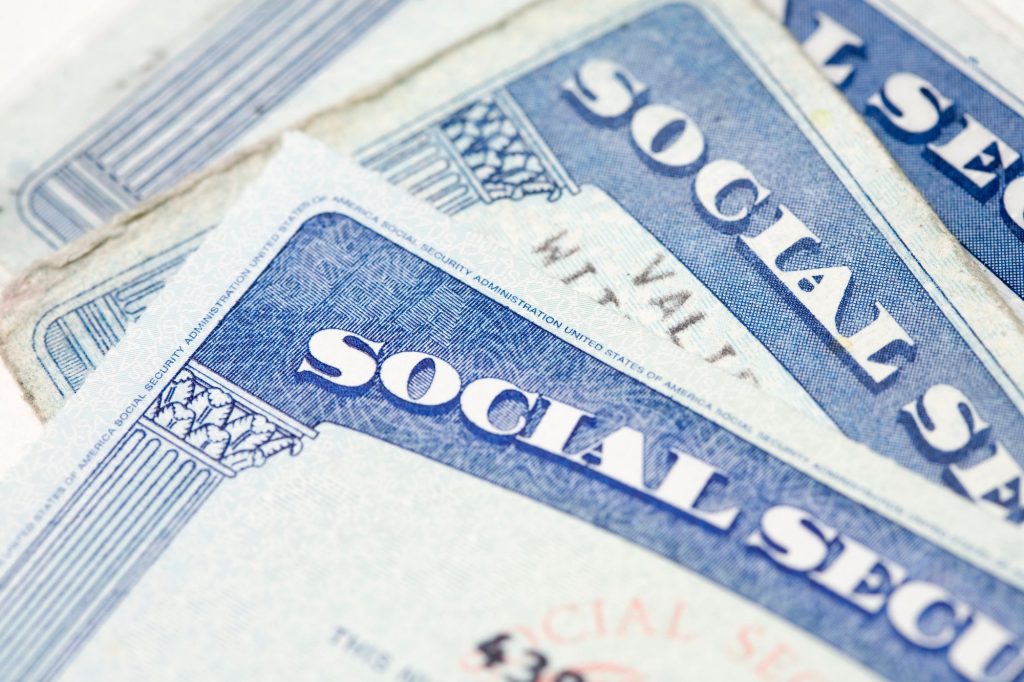
Social Security benefits can have a significant impact on your retirement. Many retirees will rely on their monthly checks for a substantial amount of income during their senior years, so choosing the right time to claim is critical.
There’s no one-size-fits-all approach to claiming Social Security. Some people may be better off claiming earlier in life, while others will benefit from waiting a few years. Regardless of your age, though, there are a few signs you may be ready to file for benefits next year.
1. Your savings are on track
Social Security benefits can help make ends meet in retirement, but they were only designed to replace around 40% of your pre-retirement income. Unless you have other sources of income, you’ll likely still need a hefty amount in savings to enjoy retirement comfortably.
Exactly how much you’ll need in savings will depend on many factors, including the number of years you expect to spend in retirement and your future retirement expenses. If you haven’t already, it’s wise to calculate your retirement savings goal to estimate approximately how much you need.
If you’re falling short on your savings, it may be a good idea to continue working a couple more years to beef up your retirement fund. But if your savings are on track, you might be ready to begin claiming Social Security.
2. You know how your age will affect your benefit amount
The age you file for Social Security will have a direct effect on the amount you receive each month. If you claim earlier (as early as age 62), you’ll receive up to 30% less in benefits each month. By delaying benefits (up to age 70), you’ll collect up to 32% extra each month on top of your full benefit amount.
There’s not necessarily a right or wrong answer as to what age you should claim, but it is important to understand how your age will affect your checks.
If you know that money is going to be tight in retirement, for example, consider whether it may be worthwhile to delay benefits and earn larger checks. Or if you plan to claim benefits as early as possible, make sure you understand how that will affect your retirement income.
3. You’ve strategized with your spouse
If you’re married and your spouse is also entitled to Social Security benefits, it can be helpful to come up with a strategy for when each of you should claim.
In some cases, for example, it may make sense for the lower-earning spouse to claim benefits early while the higher-earning spouse delays Social Security. This way, the two of you will have some extra income early in retirement, but you can also take advantage of those larger checks later in life when your savings may be starting to run dry.
Also, if one spouse passes away first, the other may be entitled to the deceased spouse’s entire benefit amount in survivors benefits. If you have reason to believe one of you is likely to outlive the other, it may make sense for one spouse to delay Social Security so that the surviving spouse can collect more in survivors benefits. While this topic may not be a pleasant one to think about, the right strategy could result in a much higher benefit amount later in life.
Social Security benefits can go a long way toward helping you enjoy a more financially secure retirement, but choosing when to claim is a decision that shouldn’t be taken lightly. By taking these steps to ensure you’re ready to file, you can head into retirement as prepared as possible.